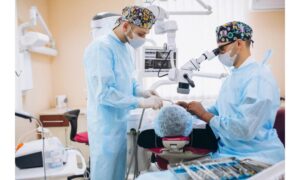
One of its most striking features is the size your liver has in comparison to other organs. It is located on one side of the upper abdomen, right behind the stomach. The liver’s primary task is to cleanse the body and transform nutrients into usable substances. It is vital in the digestion system as it filters blood before it is recirculated. It also performs many life-supporting functions. For example, it stores iron, makes proteins for the body and helps to resist infection by making an immune factor.
Although the liver controls the immune systems of the body, many diseases can affect it. Fatty liver is one of the most common types. Fatty-liver disease is a medical condition that results in an abnormal accumulation of fat within the liver. The liver is considered healthy if it contains a small amount of fat only. If this becomes an excessive amount, it can cause problems. It is impossible for anyone to ignore this problem because of the dire consequences it can have on your health and wellness programs.
The two main types of fatty liver disease are non-alcoholic fatty liver disease (NAFLD), as well as alcoholic fatty liver disease (AFLD). The risk of developing alcohol fatty liver disease increases if you consume excessive alcohol. But, this is not always true. However, this may not be the case. There is yet another condition linked to fatty liver diseases. It’s also called non-alcoholic fatty liver syndrome. The good news? Both conditions are treatable, and you can fully recover.
You can reverse the damage done to your liver by reducing alcohol intake. It will only help curb some of the symptoms, and is not a fully effective treatment for fatty liver disease. It is possible to reverse the effects of a fatty liver by eating foods that protect cells and improve insulin sensitivity. Unfortunately, this also won’t be effective for everyone. Each person’s situation is unique and you should talk to a doctor about your concerns.
To keep your liver healthy, eat right, exercise often, stay within a healthy weight range, drink sparingly, and carefully read all labels before you start any medication. A few foods and diets are good for your liver. Minor lifestyle changes can usually lead to relief. You should not treat this condition lightly. It is best that you consult an expert doctor if there are any serious symptoms.






